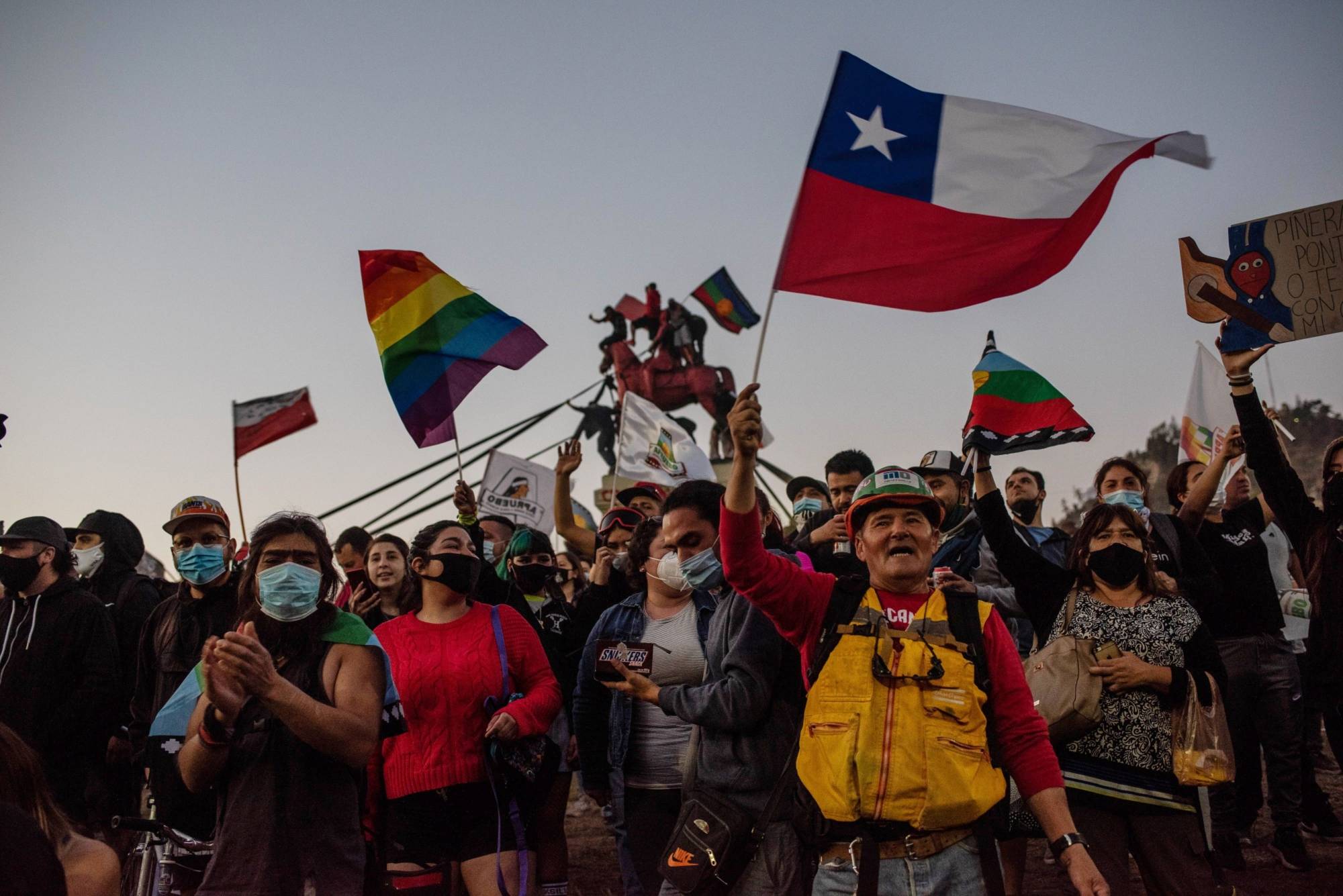The year ahead could be a historic one — and in a positive way. Seventy-five years after the original “Year Zero” that followed World War II, we once again have a chance to rebuild. The process after 1945 was literal: building anew from the wreckage of war. This time, the focus is on the material world but also on so much more. We must aim for a higher degree of societal sophistication and create a sound basis for the well-being of all people and the planet.
After WWII, we developed a new economic philosophy grounded in collaboration and integration, with material well-being as its primary objective. This project gave rise to international organizations such as the World Bank, the International Monetary Fund and the OECD, as well as the arrangements that would evolve into the World Trade Organization and the European Union. Neoliberalism — a staunch commitment to free markets and limited government — reigned in the West, where it delivered decades of prosperity and progress.
But this model has broken down. While COVID-19 delivered the final blow, it has been clear for at least two decades that the postwar model is no longer sustainable, environmentally or socially (owing to today’s sky-high levels of inequality). The English historian Thomas Fuller famously said that “the darkest hour of the night comes just before the dawn.” And yet, we cannot simply assume that a better year will follow an annus horribilis that brought the greatest public-health crisis and the steepest recession in a century. We must act to make it so.



















With your current subscription plan you can comment on stories. However, before writing your first comment, please create a display name in the Profile section of your subscriber account page.